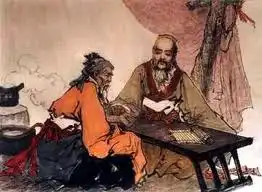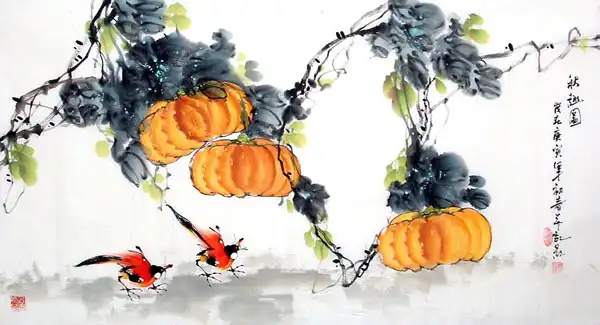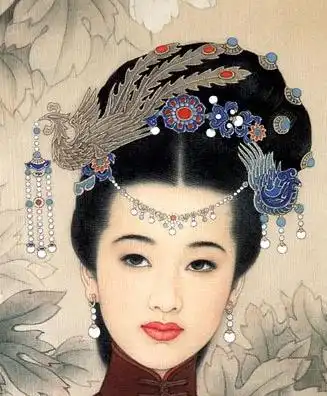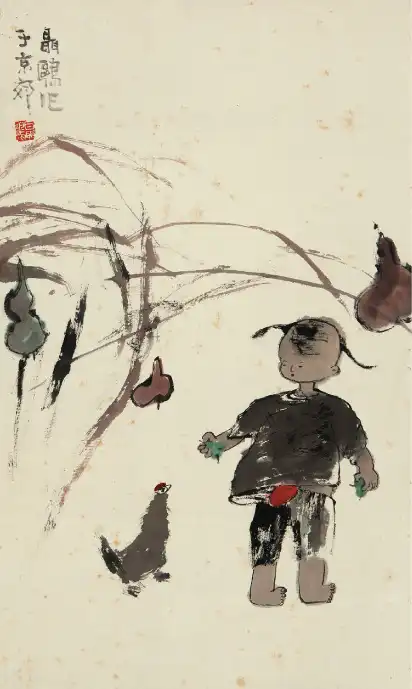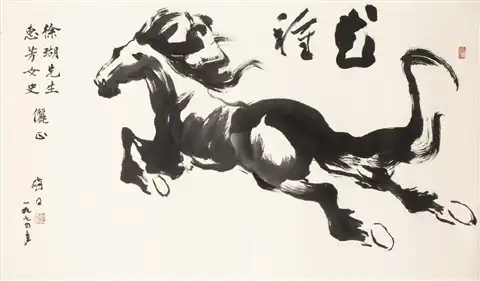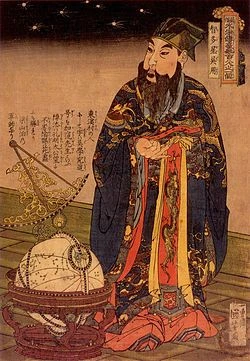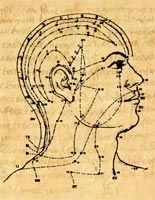
In traditional Chinese medicine anger covers a wide range of related emotions and should be perceived in an extensive broader sense. It incorporates emotions such as irritability, impatience, frustration, stubbornness, rudeness, arrogance, resentment, aggression, rage, and suppressed anger - depression and apathy.
There is active, explosive anger, which can be labeled “hot anger” and passive, repressed anger that can be labeled “cold anger”. "Hot anger" manifests with "heat signs", while "cold anger" manifests with "cold signs". Active, explosive, "hot anger" makes the Qi rise upward (as heat flares upward) and symptoms manifest predominantly in the head. Typical symptoms of active anger are red face and cheeks, dizziness, headache. Other symptoms could include heart palpitations and rapid pulse, ringing in the ears, thirst, etc. Passive, repressed, "cold anger" manifests with "cold signs" such as paleness, lack of energy, lack of mood, apathy, depression.
Anger relates to the Liver. Sudden or long-term anger blocks the flow of Liver Qi and damages Liver Yin. Thus anger can be counteracted by promoting the flow of the Liver Qi and tonifying Liver Yin.
On a mental level the best way to counteract anger is to practice patience.
It is essential to understand that anger is the most harmful and destructive emotion of all, which brings great suffering to others and ourselves, and not only halts ones development but destroys accumulated merit. Therefore if you feel that you have problem with anger it is essential to find ways to approach it. Certainly feel free to use this project to learn about the different syndromes that manifest anger. You can do so by going to the Physiology chapter and reading the Liver/Gallbladder materials. Or you can review the introduction material The Toxic Effect of Disturbing Emotions and Some Ways to Approach Them.
YS
Related Articles:
The Seven Emotions - Internal Cause of Disease

